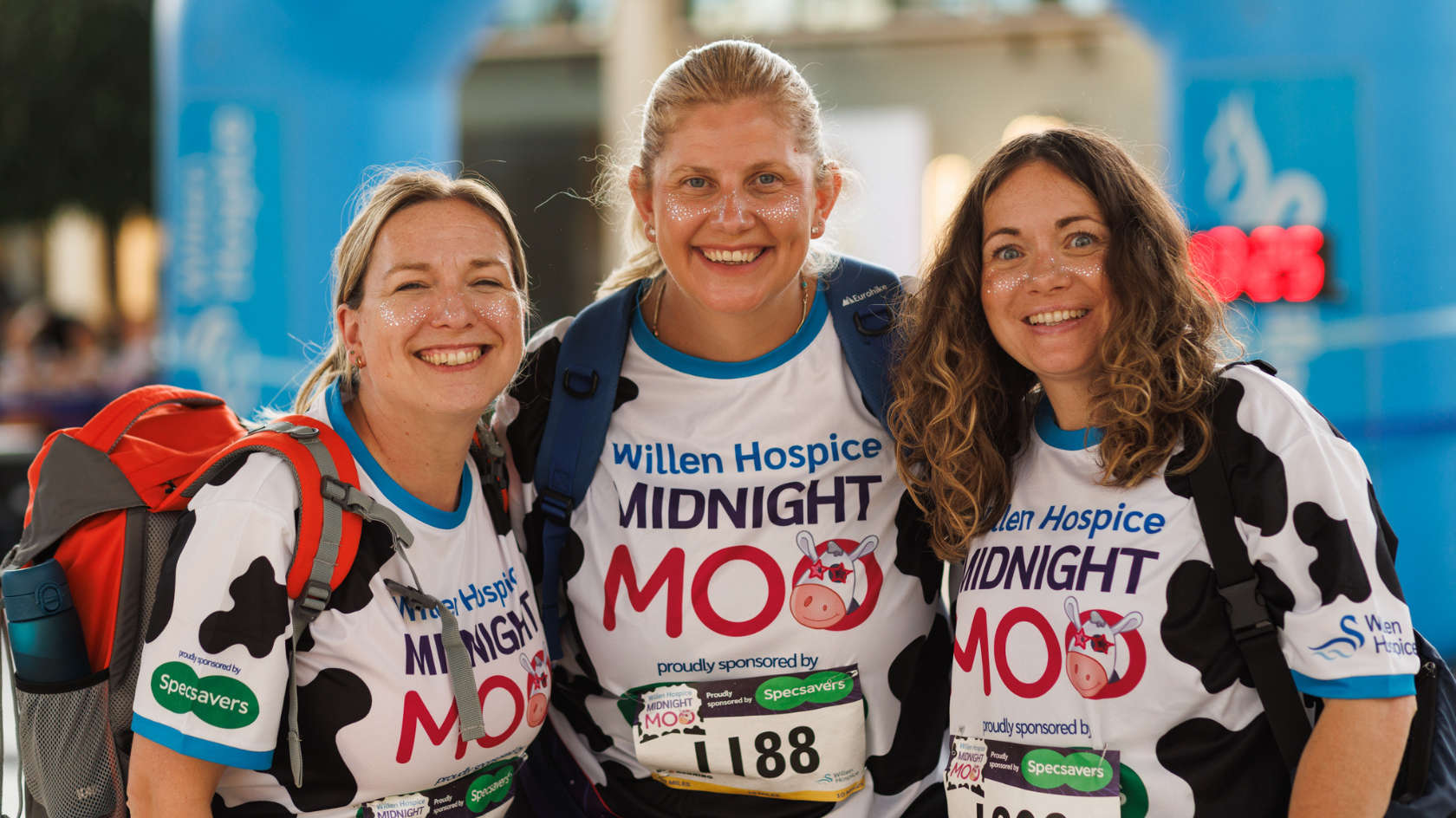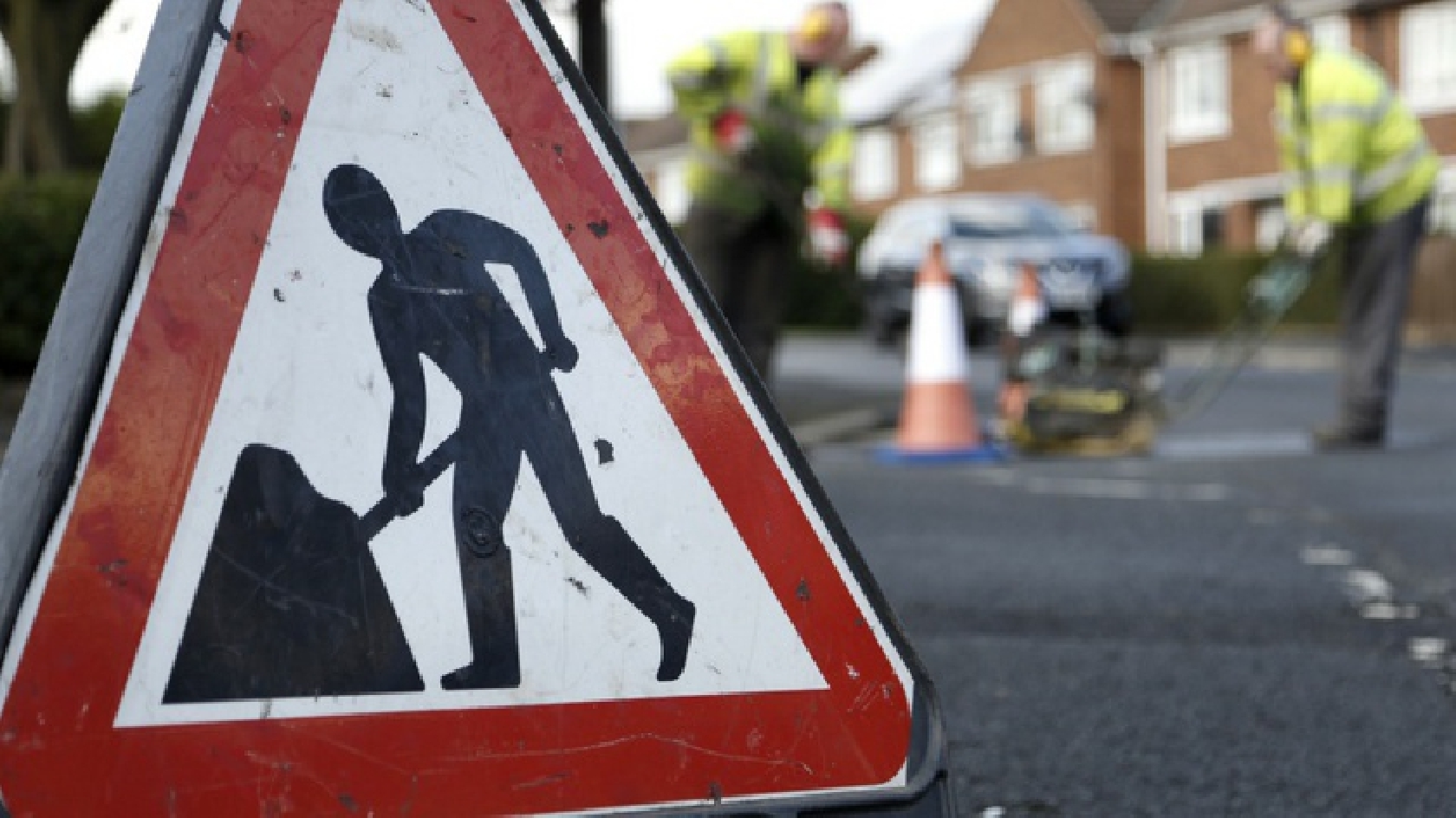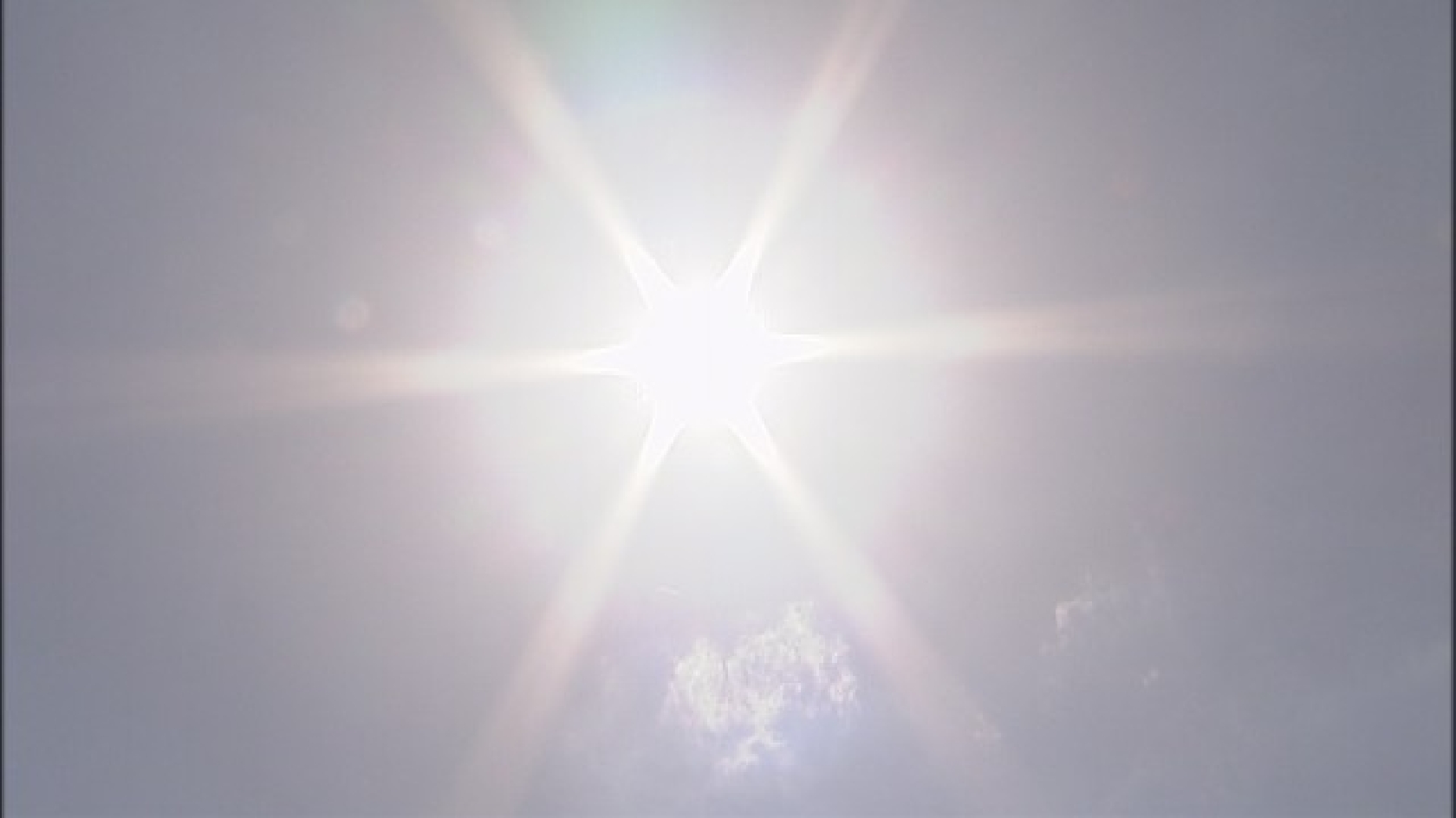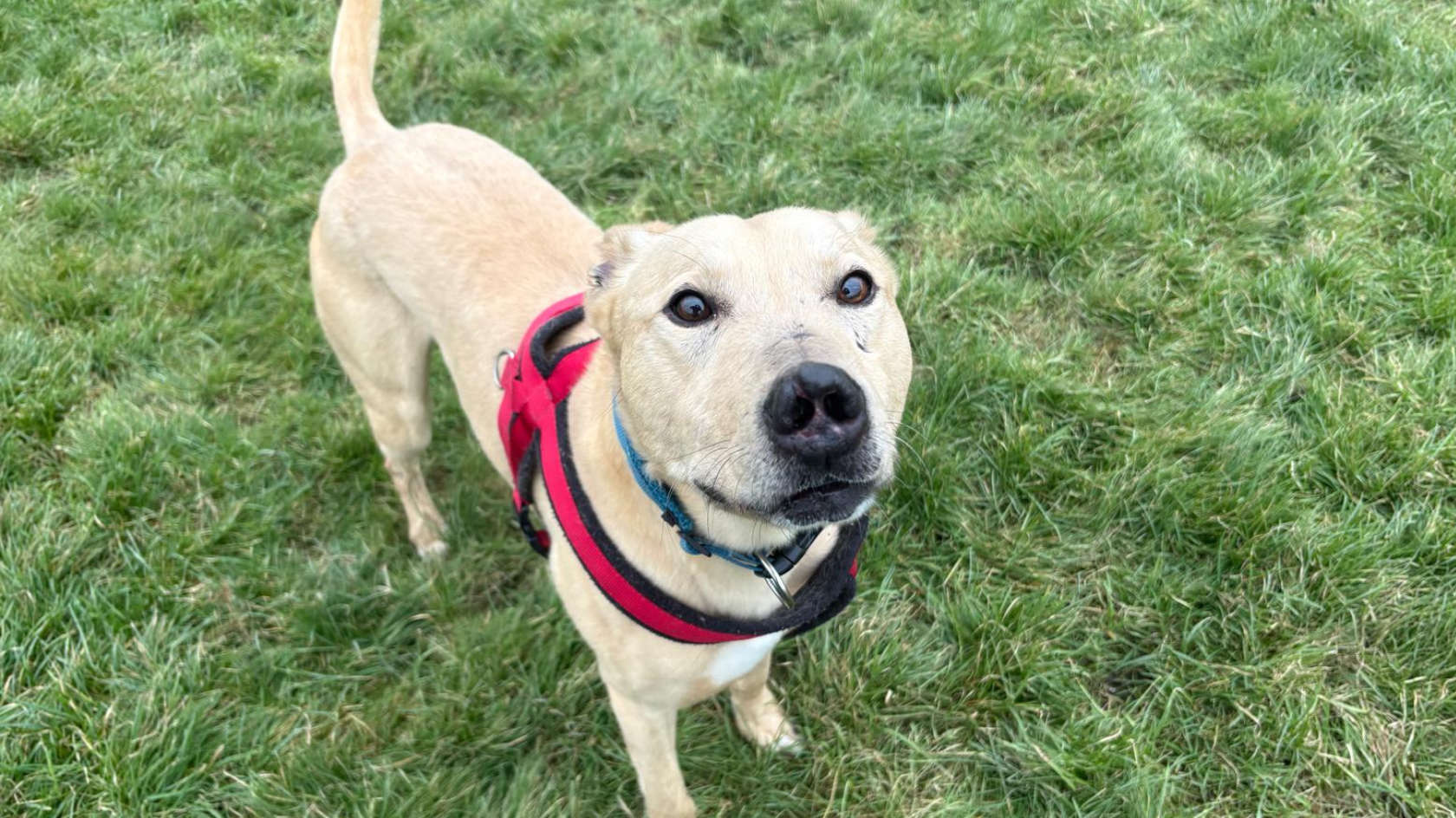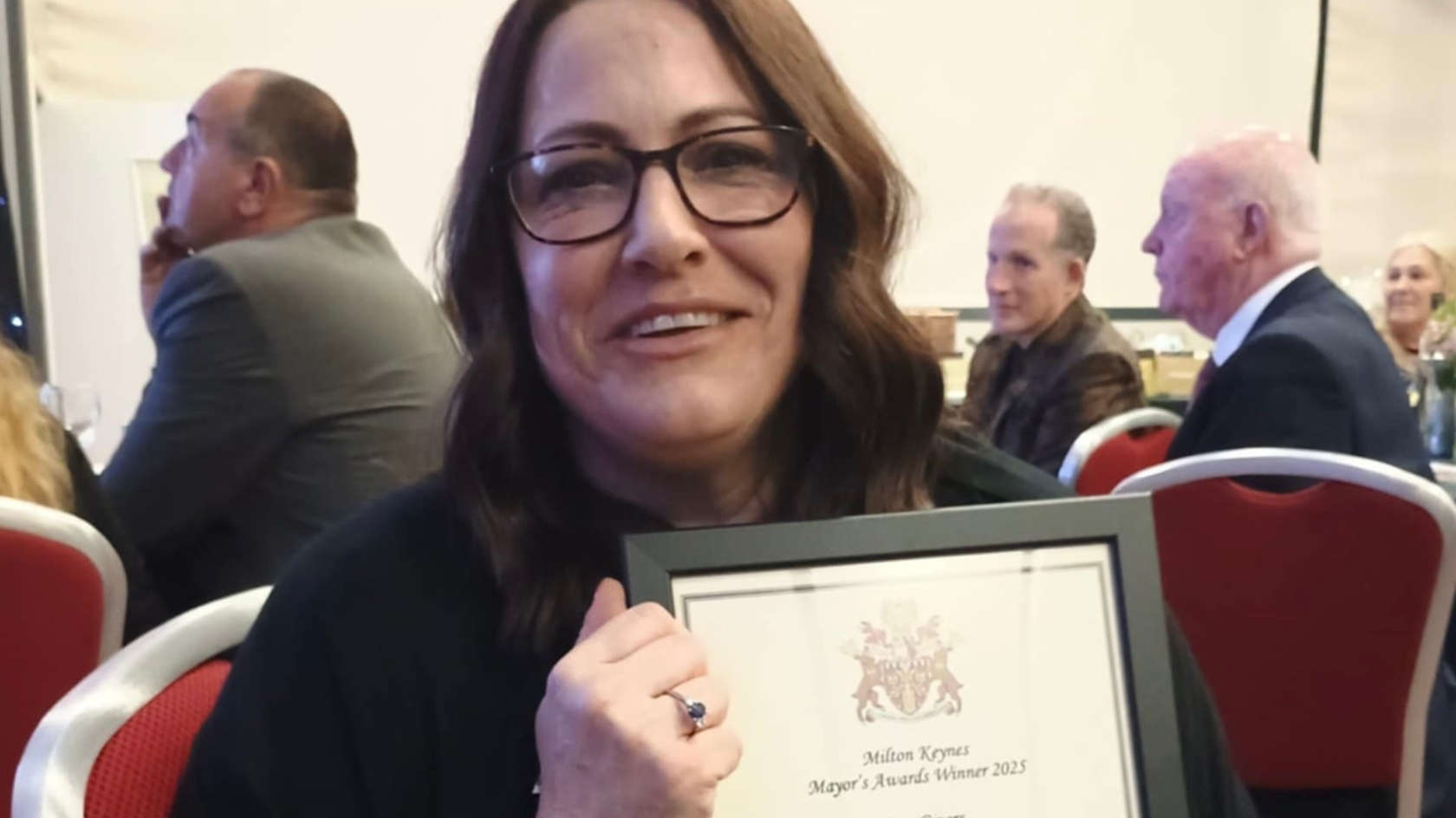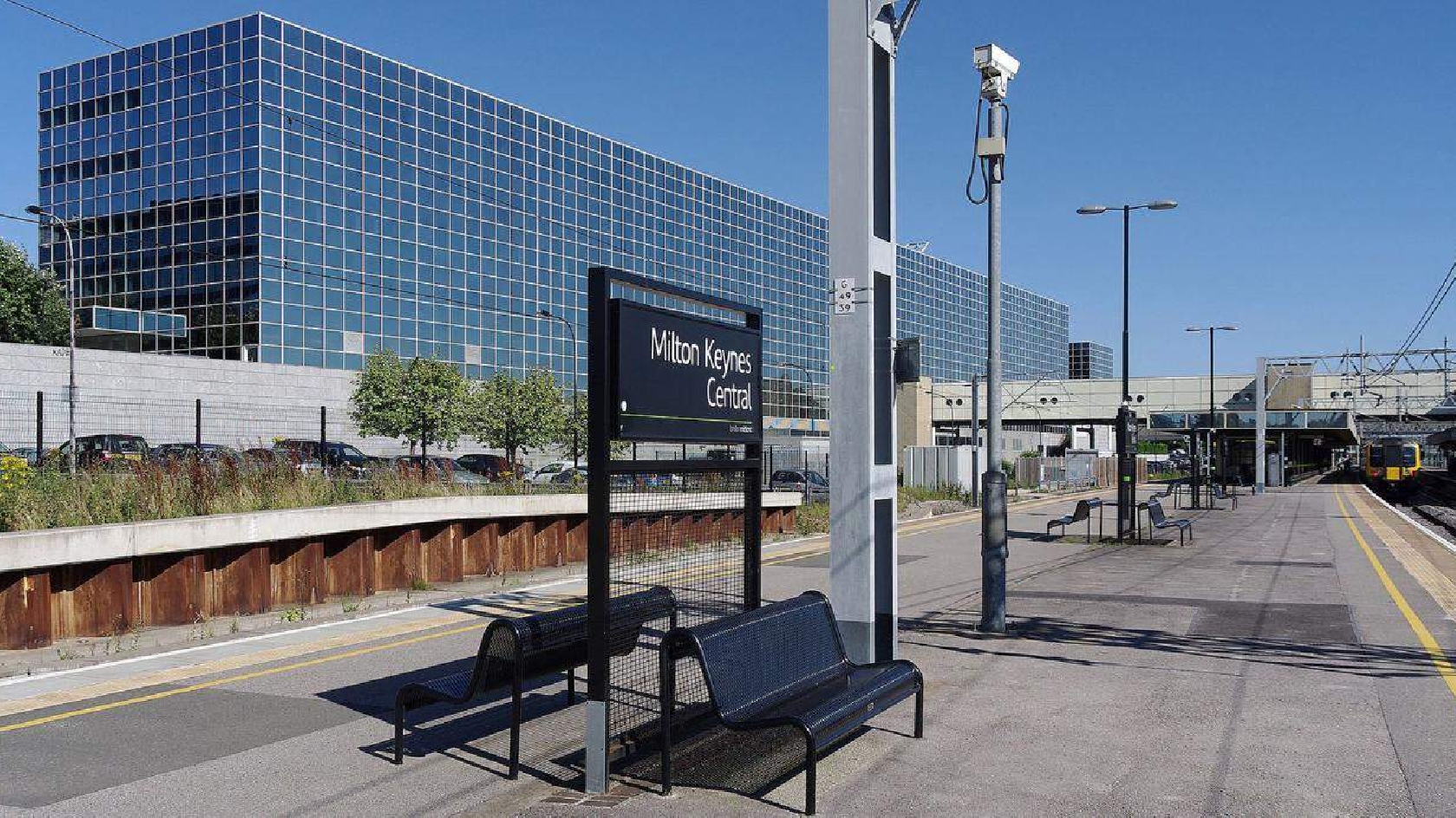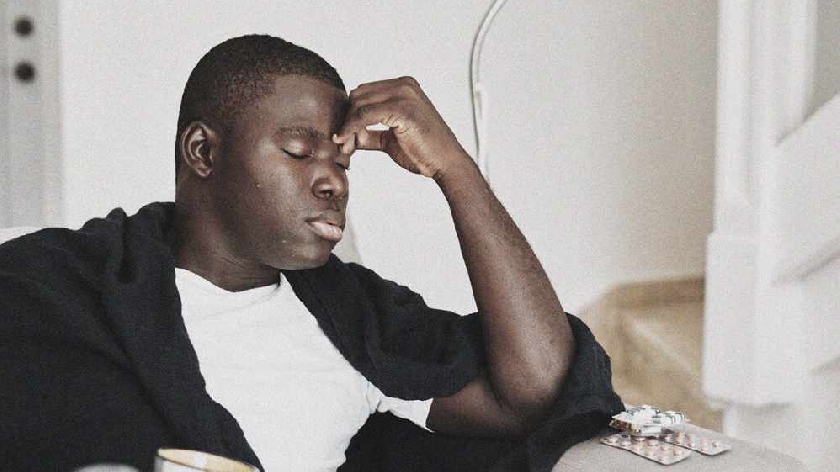
Adults who are fully vaccinated are 47% less likely to have Long COVID should they contract COVID-19, a new study says.
The team at King's College London analysed data from more than two million people who logged their symptoms, tests, and vaccine status on the Zoe COVID Symptom Study app between 8 December 2020 and 4 July 2021.
Some 6,030 app users reported testing positive for COVID-19 at least 14 days after their first vaccination, but before their second, while 2,370 reported testing positive at least seven days after their second dose.
The research, published in the Lancet, said: "We found that the odds of having symptoms for 28 days or more after post-vaccination infection were approximately halved by having two vaccine doses.
"This result suggests that the risk of long COVID is reduced in individuals who have received double vaccination, when additionally considering the already documented reduced risk of infection overall."
It added: "Almost all individual symptoms of COVID-19 were less common in vaccinated versus unvaccinated participants, and more people in the vaccinated than in the unvaccinated groups were completely asymptomatic."
Professor Tim Spector from King's College, and lead investigator of the Zoe COVID study, said: "Vaccinations are massively reducing the chances of people getting long COVID in two ways.
"Firstly, by reducing the risk of any symptoms by eight-to-10-fold, and then by halving the chances of any infection turning into long COVID, if it does happen.
"Whatever the duration of symptoms, we are seeing that infections after two vaccinations are also much milder, so vaccines are really changing the disease and for the better. We are encouraging people to get their second jab as soon as they can."
The study looked at the two main vaccines being used in the UK - the ones by Pfizer and AstraZeneca - but did not have enough evidence to look at Moderna.
In other news, it was revealed yesterday (1/9) that 'severely immunosuppressed' people should be offered a third COVID-19 jab.
The Government says that these people may not mount a full response to vaccination and therefore may be less protected than the wider population.
Immunosuppression varies widely in severity and duration. Many people who are immunosuppressed have lower levels of antibodies after coronavirus (COVID-19) vaccination, as some studies have shown.
READ MORE: Third COVID-19 jab recommended for 'severely immunosuppressed' people in Milton Keynes


